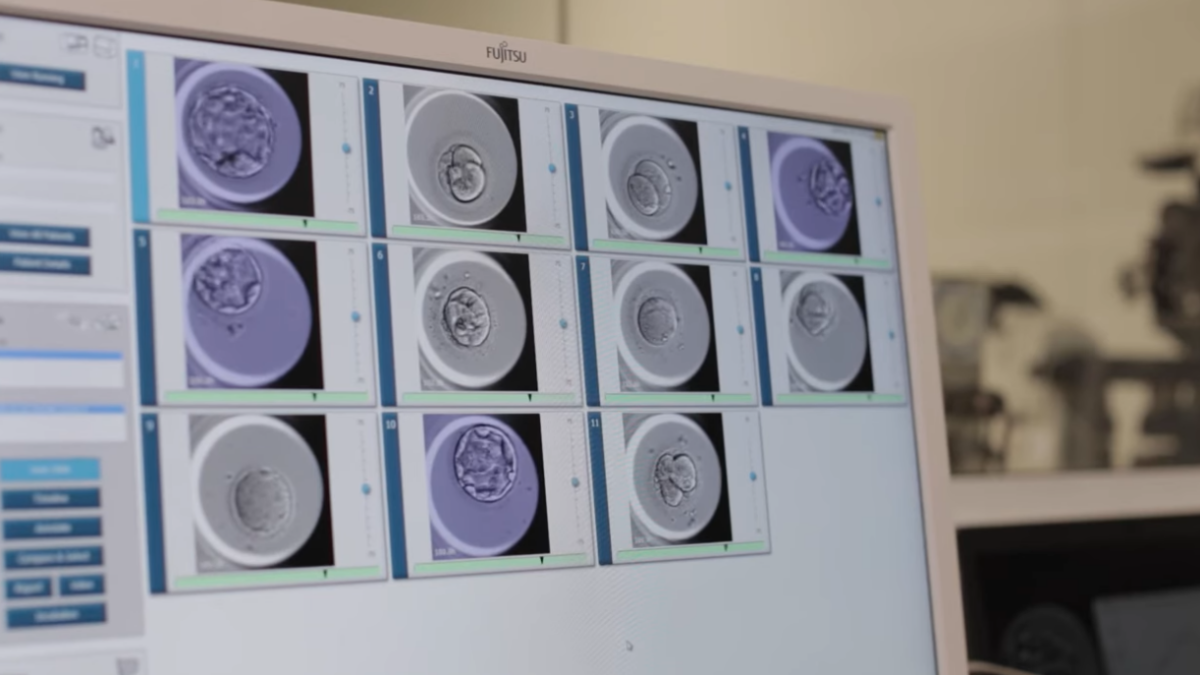
What do we know about the effects of hormone and surgical treatments for gender-dysphoric patients? Many people might assume they are highly effective because they are widely presented as the obvious proper medical and compassionate course for such patients. The prevailing narrative is that parents and patient advocates who disapprove of surgeries or hormone treatments are both evil and dangerous. The best research, however, indicates just the opposite.
The latest major study on the topic, published in the American Journal of Psychiatry, answers the question this way: “Despite professional recommendations to consider gender-affirming medical interventions for transgender individuals who experience gender incongruence, the effect of such interventions on long-term health is largely unknown.”
In other words, doctors have been blindly prescribing hormone treatments and surgeries for their gender-dysphoric patients, including children, without any clinically documented verification that they even work.
That supposedly changed with this particular study. Working from a massive, world-class, longitudinal Swedish data set, which followed up on patients who’d undergone either hormone or surgical procedures for gender-identity disorders, these scholars reported finding that surgeries do indeed have a strong positive effect. (Their data showed no benefits whatsoever for any hormone treatments.)
This news garnered major media attention. ABC News reported, “[G]ender-affirming surgery for transgender people may provide better long-term mental health benefits, according to new research from the Yale School of Public Health.” Reuters explained, “When transgender people undergo sex-reassignment surgery, the beneficial effect on their mental health is still evident — and increasing — years later, a Swedish study suggests.”
WebMD and U.S. News and World Report both claimed, “Transgender men and women who undergo gender reassignment surgery are much less likely to need mental health services later, new research suggests.”
On Aug. 1, however, the journal printed a correction saying this was wrong. After multiple letters to the editor from medical and research professionals critical of the authors’ conclusion on the efficacy of surgery based on the data presented, the journal conducted an independent analysis. The correction, agreed upon by the authors, stated, “[T]he results demonstrated no advantage for surgery in relation to” alleviating the mental struggles of trans patients.
The authors explained that a vast collection of literature documents that gender-dysphoric people have significantly increased health problems compared to the general population. These people are:
- Six times as likely to have had mood and anxiety disorders serious enough to require a doctor’s care.
- More than three times as likely to have received prescriptions for antidepressants and anxiolytics.
- More than six times as likely to have been hospitalized after a suicide attempt.
We are now informed that no reliable research to date has shown that hormones or surgery are effective in alleviating any of these problems. Although the original study said that “increased time since last gender-affirming surgery was associated with reduced mental health treatment,” that association was, under closer analysis, essentially nonexistent.
As University of Texas at Austin research methodologist Mark Regnerus reported when the original article was published last October, “[T]he beneficial effect of surgery is so small that a clinic may have to perform 49 gender-affirming surgeries before they could expect to prevent one additional person from seeking subsequent mental health assistance.”
Technically, this study showed that gender reassignment surgery does help — but only after the 49th attempt, hence the plural “surgeries” in the article’s title: “Reduction in Mental Health Treatment Utilization Among Transgender Individuals After Gender-Affirming Surgeries: A Total Population Study.”
Therefore, according to the latest and only large, reliably detailed, representative study on this matter in the world, nothing indicates that hormone treatments or gender reassignment surgeries actually do any demonstrable good at all. This is what the American Journal of Psychiatry is communicating in its August edition.
When your gut tells you that putting a five-year-old kid on puberty blockers, or slicing off the penis off a teenager and reconstructing a fake vagina, or cutting off the perfectly healthy breasts of a 30-something female is not the right way to treat a problem that exists in the mind, be assured the latest and best science backs your conviction.
If you are a school administrator or teacher and you feel uneasy about such things being forced upon one of your students by an activist parent and her allied therapists, hold your ground. You are the one in line with the data, and that child needs your advocacy.
How did the press treat the news of the correction? Based on some internet searching two weeks after the journal posted its correction, the number of mainstream U.S. news sources that corrected their own stories was precisely zero.









